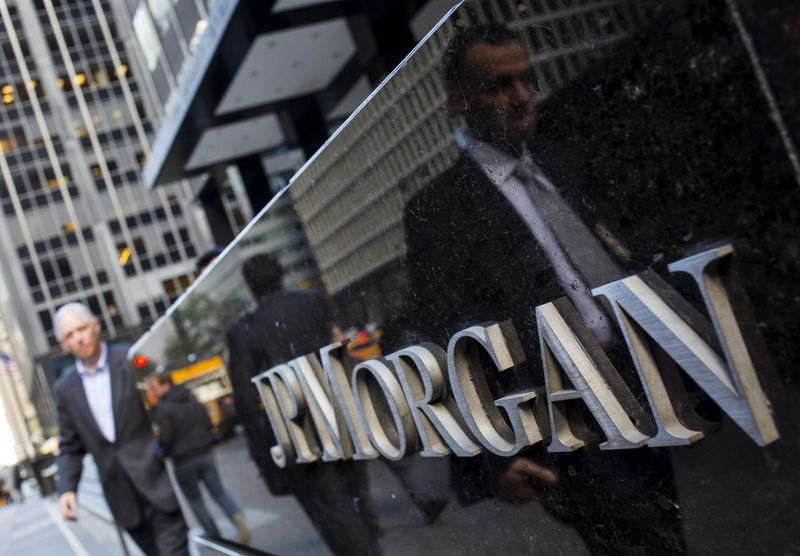There are preliminary signs inflation volatility could be peaking which would be bullish for stocks, JP Morgan strategist Nikolaos Panigirtzoglou wrote in a note to clients Wednesday.
The strategist said the markets appear to largely be looking through this rise in volatility, highlighting among other things "term premia", which is the compensation investors require for holding a long-term bond compared to rolling over a series of short-term bonds. While measuring term premia is not straightforward, Panigirtzoglou notes estimates have largely recovered from their pandemic lows of around -1%. Panigirtzoglou said the Kim-Wright measure and Blue Chip measure based on the recently released semi-annual longer-term survey for June 2022 both at around +25bp, not far from their levels in 2015 and 2018. The ACM term premium measure is also close to its 2018 levels.
On US CPI inflation volatility, Panigirtzoglou notes much of it has arisen from energy and reopening components. "With a significant re-pricing in energy already having taken place, in principle, this influence should begin to wane over time in the absence of further energy-related shocks," he commented.
In the firm's longer-term fair value framework, peaking inflation volatility would imply only a modestly higher fair value for real yields from current levels over the coming year.
The strategist said looking through the spike in inflation volatility implies a current fair value of 4400 for the S&P 500, or about 7% higher versus Wednesday's close.
Panigirtzoglou also said the reduced demand for hedging is a bullish signal for equities as it likely reflects low equity positioning by investors.
"In our opinion, this reduced demand for hedging is a bullish signal as it likely reflects low equity positioning by institutional investors. Indeed, the put to call open interest ratio tends to be high when investors are overweight equities like the beginning of 2015, 2018, and 2020 or the end of 2021," Panigirtzoglou said. " And vice versa the put to call open interest ratio tends to be low when investors are underweight equities, such as at the end of 2016, end of 2018, March 2020 and currently."
